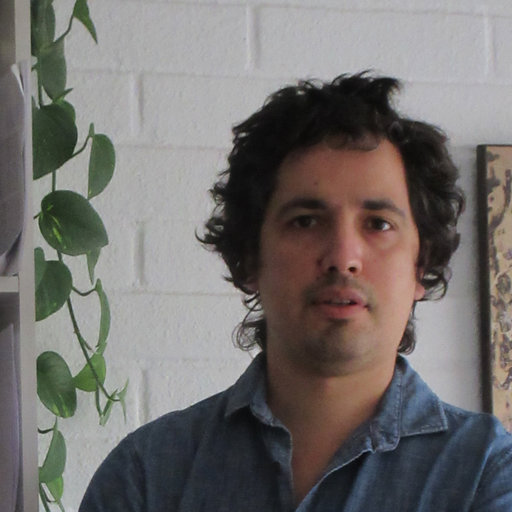Prose as a Medium of Contemporary Art seminar, Monday 20 February 2023

Monday 20 February 2023, 5.15 pm
Room 201, University of Westminster, 309 Regent Street, London
Prose as a Medium of Contemporary Art: A Latin American Perspective
Dr Jorge Manzi (Pontifical Catholic University of Chile)
The Argentine critic Reinaldo Laddaga, reflecting on recent literary works by the “most ambitious” Latin American writers (among which we could mention Cesar Aira, Sergio Chejfec, Diamela Eltit, Mario Bellatin, Nuno Ramos), claimed in 2007 that “all literature aspires to the condition of contemporary art”. The claim is undoubtedly exaggerated. However, it seems undeniable that, worldwide, a growing number of writers feel a certain urge to rethink their practice as participating not so much, or not barely, in the literary tradition, but mainly in that “general” field of the arts called contemporary art. Within this perspective, and entering in a dialogue with theorists such as David Cunningham and Thierry de Duve, this paper will propose, at its most general level, the idea of prose as a medium of contemporary art. Following the inspiring statement of W. G. Sebald, “my medium is prose not the novel”, this proposal could suggest the needtof expand the framework of the theory of the novel in order to conceptualize important recent trends in contemporary prose, at the level of form and historical content.
Secondly, focusing on the work of authors such as Sergio Chejfec, Cesar Aira and Diamela Eltit, the paper will discuss one major trend of contemporary Latin American prose: its scenic orientation. This is the tendency to emphasize or “exhibit” dramatic or theatrical forms (dictions, spaces, temporalities) of presentation that can suspend or complicate more conventional narrative structures. At the same time, these works tend to incorporate and outline material that appears as documental or indexical (R. Krauss), complicating the fictional or artistic status of literary prose. Emphasizing at once its scenic character as well as its raw orientation towards everyday material, Laddaga has called these types of works “reality spectacles”, a kind of prose that seems to move fluently between the model of the novel, installation, and performance. This paper will be specially interested in examining the historical content of these formal trends in Sergio Chejfec’s prose, reflecting on the specificity of a peripheral experience of global contemporaneity.


The Institute for Modern and Contemporary Culture
University of Westminster Department of English, Linguistics and Cultural Studies
32-38 Wells Street, London W1T 3UW. United Kingdom.

No comments yet
Leave a comment